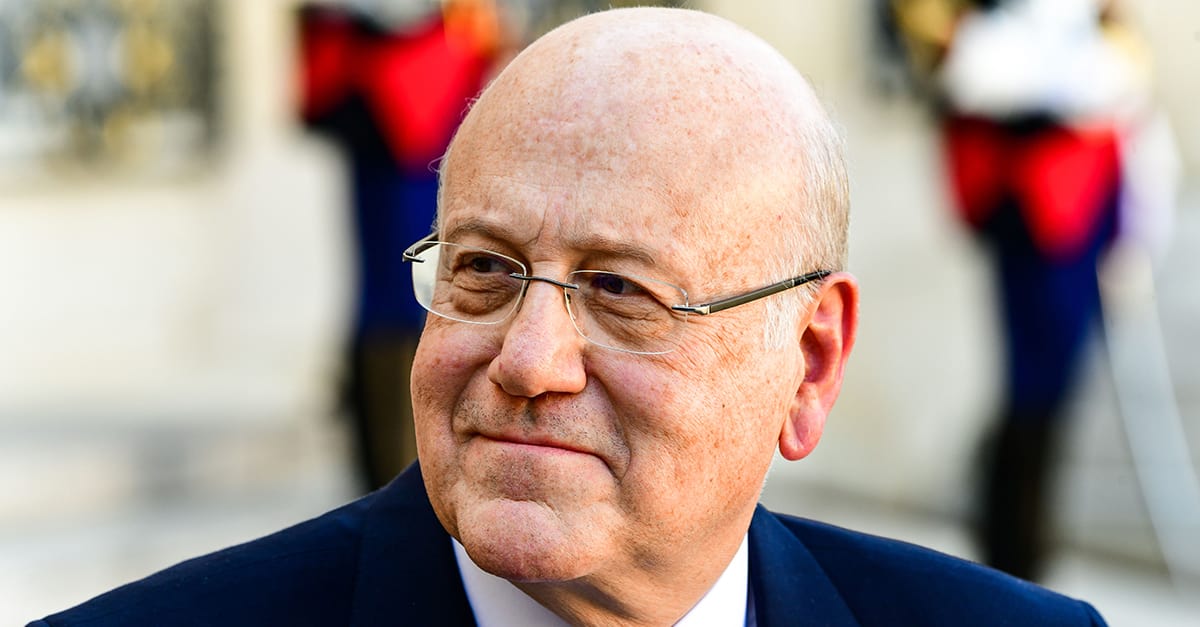Lebanon's richest man takes Lebanon's toughest job.

Of the big beasts that roam Lebanon’s business world, none comes larger than Najib Mikati. Lebanon’s richest man, the 65-year-old Sunni from Tripoli founded the investment firm M1 Group and made a fortune in mobile telephony. The multibillionaire is well known in Lebanon’s political world, serving previously as prime minister from 2011–2014.
After 13 months of wrangling within Lebanon’s political elite, he is back as prime minister with broad support.
Lebanon is “likely to feature in the top 10, possibly top three, most severe economic crises since the mid-19th century,” according to the World Bank. The country’s situation has been made worse by deliberate inaction and continued political infighting. Donors are reluctant to step in until the country reschedules its debt and reorganizes the banks and the bankrupt national electricity company, Electricite du Liban, which cannot keep the country’s lights on. The World Bank reckons GDP last year contracted 20%, with inflation in triple figures. Other estimates for both are even higher.
“Even pre-pandemic, Lebanon was contracting, and the combination of Covid-19 and the Beirut blast compounded the economic pain. … GDP could have declined by as much as 40% last year,” says James Swanston, MENA economist at macroeconomic research firm Capital Economics.
Lebanon needs to restructure its debt before the International Monetary Fund—or others—offer cash support. Swanston says the pound must be devalued, its complex exchange rate simplified and the banking system restructured. Not to mention tackling the country’s devastatingly endemic corruption.
“At least Mikati succeeded where [former prime minister] Saad Hariri had failed, in trying to form a government; and he has been proactive in setting out a plan of action to tackle the issues,” Swanston says.



